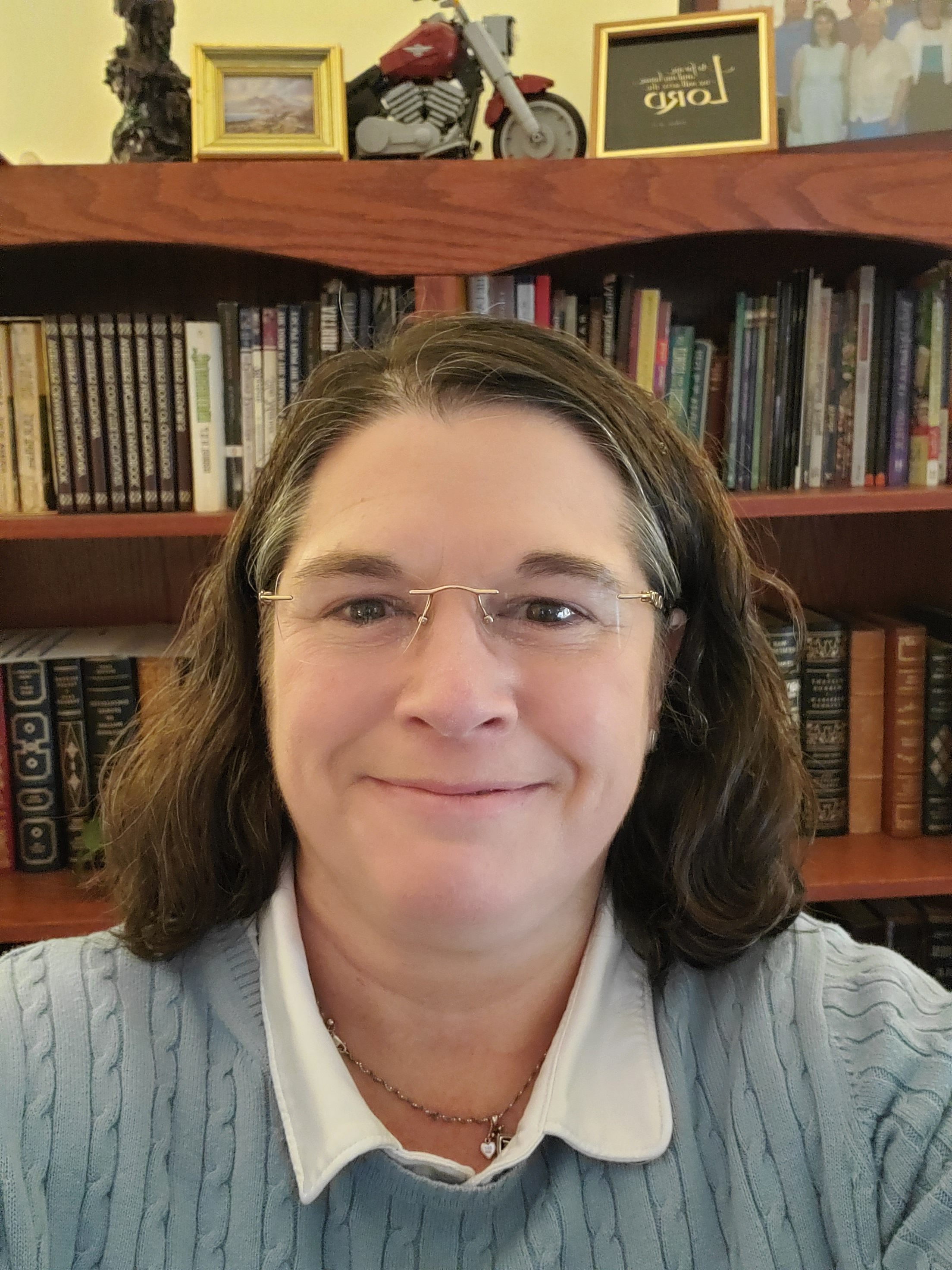One of the major components of career development is self-awareness. Self-awareness is “conscious knowledge of one’s own character, feelings, motives, and desires.” It is also a conscious knowledge of your giftedness, skills, and goals.
Self-awareness helps us determine what we like and don’t like, what we want to do in our careers or don’t want to do. Without self-awareness, we can find ourselves mismatched in our careers, unfulfilled, unhappy, stressed out, and miserable. In our desperation to have employment, we may jump at any opportunity that presents itself without it being in alignment with who we are and what we want to do.
For trauma survivors, developing self-awareness can be a challenging process because of what we had to do to survive our childhoods. Many of us became the person our abusers wanted us to be or told us we were as part of our survival strategy. Sometimes we feel invisible or have no idea who we really are. That is understandable, but I want you to hear me say that you did what you had to do to survive, making you brilliantly resilient.
I want more for you than simply surviving. I want you to thrive. I want you to prove to everyone that put you down, discouraged you, or told you that you would never amount to anything that you are a ROCK STAR. I want you to succeed despite all the challenges you’ve faced in life.
We will spend some time exploring the challenges to self-awareness, why it is important, and provide some guidance for how you can get started getting to know the amazing person you are.
Identity Formation and Trauma
Several theories are floating around that talk about how our identity is formed. Erik Erickson’s theory of psychosocial development, introduced in the 1950s, holds that people pass through predictable stages of development throughout their lifecycles. Each stage has a particular conflict that needs to be resolved before moving to the next stage of development. According to Erickson, identity is not formed until adolescence.

“If people successfully deal with the conflict, they emerge from the stage with psychological strengths that will serve them well for the rest of their lives. If they fail to deal effectively with these conflicts, they may not develop the essential skills needed for a strong sense of self. (Very Well Mind)
Another theory is called, The Looking-Glass Self theory, developed by sociologist Charles Horton Cooley. Cooley held that people develop their concept of self by how others view them. The significance of this theory comes from acknowledging the role social settings have in the development of how people view themselves.

Another theory I’ve come across in my research is called the Simplified Identity Formation Theory, developed by Cote and Levine, which builds on the work of Erickson by introducing three areas of identity formation: social, personal, and ego.
“Côte and Levine present the ideas of differentiation and integration as a balancing act mediated by narrative continuity. An individual with a stable identity (personal narrative), feels distinct from others, but also has connections and ties to social groups and individuals. If something about a core narrative (continuity) is challenged or found to be false, the balance can be radically shifted. If the balance gets off kilter, identity crisis occurs.” (chicksdigscience.com)

The common thread between all these theories is that the formation of our identity is influenced and informed by our environment and those we interact with in our environment. Growing up in a dysfunctional or abusive environment will impact how we see ourselves based on that reality.
Transforming our Identity
If we were constantly told we were stupid and would never amount to anything by our caretakers when we were children, we might internalize that and accept that as truth. If we do that, they can become self-fulfilling prophesies.
The good news is that, as adults, we have the opportunity to decide whether we will accept or reject that input as true/false. With curiosity, we can question the validity of those comments and make our own decisions about who we are and want to be.
Is there evidence in your life that refutes those comments? Sometimes we need help recognizing wins in our lives…like getting a job, finding a spouse, having children, graduating from high school, or getting a college degree. Those are wins that disprove the negativity.
I never thought I was somebody or successful until my therapist pointed out that I was an SVP at a top 5 financial institution, had two advanced degrees, raised three children to adulthood, and was still married after 35 years. Interestingly, I never acknowledged those things because I was still actively working to prove to everyone that I was somebody…and I already was somebody.
My past drove me to work hard to disprove the negative statements, but it would not allow me to accept success or refute those negative cognitions until I worked through them in EMDR. Changing negative cognitions has been the most challenging part of the healing process for me. Processing traumatic memories was nothing compared to changing habitual thinking and believing patterns. It is a really slow and tedious process.
What Can We Do?
- Observe. You don’t need a therapist or coach to observe your history and what you do today. I would invite you to review your career and record what you learned about yourself from each job. I spent three-quarters of my career finding out what I didn’t want to do, but I also started to figure out what I liked doing and what I was good at.
- Assess. Consider assessing your strengths. What were you good at? Did you have times when you were “in the zone?” What about what you were doing made you feel that way? Have you had any other experiences that reinforce that feeling of strength for you?
- Own it. As trauma survivors, we often do not acknowledge the positive things about ourselves. I remember telling my therapist that I am “an aggregator of brilliant minds” and how she asked me who told me that. Being aware of my strengths at that point in my healing journey was unusual. I firmly believe that the Creator gives every person gifts and strengths. Our jobs are to discover what they are. Usually, we do this when we are children, and that’s why we sign our kids up for all kinds of activities. However, when your childhood is focused solely on survival, you may not have had the opportunity to explore it. Allow yourself to explore your giftedness, and if you get stuck, as a trusted friend or co-worker where they think your strengths are. Then, claim them as your own.
This exercise will open doors for you that you never thought possible. It will also help you decide how to align your strengths with your career choices. For this part, you may need the help of a career coach…but this is the fun part!!! Oh, the opportunities!!!
Well, my friends, I hope this has been helpful. Let me know in the comments whether this worked for you.
As usual, you don’t have to go it alone. If you’d like to work with me, contact me for a free discovery call.
If you want to stay informed on the programs, tools, and training I offer, sign up for my mailing list.
Guest Post Disclaimer: Any and all information shared in this guest blog post is intended for educational and informational purposes only. Nothing in this blog post, nor any content on CPTSDfoundation.org, is a supplement for or supersedes the relationship and direction of your medical or mental health providers. Thoughts, ideas, or opinions expressed by the writer of this guest blog post do not necessarily reflect those of CPTSD Foundation. For more information, see our Privacy Policy and Full Disclaimer.

Believer. Leader. Learner. Advocate. Writer. Speaker. Coach. Mentor. Triathlete. Encourager. Survivor.
Most of all, I am a fellow traveler on the rocky road called, Trauma Recovery. My mission is to minimize the effects of trauma for survivors in the workplace.




